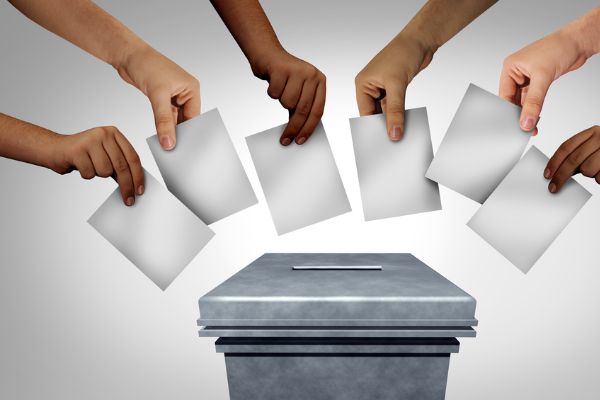Using the term “Bidenomics,” President Biden spent a significant amount of last year attempting to persuade the American people that his policies were beneficial to the economy.
It’s not looking good for younger Americans, who are probably going to cast ballots in this year’s presidential election.
The New York Times and Siena College conducted a recent poll, which revealed that most probable voters, who are between the ages of 18 and 29, had a poor assessment of the state of the economy.
Surprisingly, almost no one thinks the economy is doing well.
With 87% of potential voters between the ages of 18 and 29 rating the economy as poor or barely fair, this is the worst economic demographic for Biden. For Joe Biden, this is especially concerning because Democratic presidential contenders usually require a disproportionate amount of the youth vote to win.
Additionally, the rankings of unfavorable opinions on the economy are slanted to the lowest place. Younger potential voters—of whom 26 percent believe the economy is just fair—rate the economy as terrible 60% of the time. (Probably as a result of rounding, the total does not add up to 87 percent.)
Merely 13% of respondents consider the economy to be in “excellent shape.”
What percentage of people think the economy is “excellent”? None.
The outlook for the economy is somewhat better among older potential voters. 76 percent of those between the ages of 30 and 44 had an unfavorable opinion, with 50 percent saying that things are bad. Merely 4% of respondents claim to be outstanding.
Fifty percent of probable voters between the ages of 45 and 64 give the economy the lowest grade, making up 73% of those with an unfavorable opinion. 7% of respondents call the state of the economy “good.”
With 60% of older voters stating that circumstances are either terrible or merely fair, they are less pessimistic. Forty percent claim that things are bad. Conditions are good, they say, jumping to 16 percent. This might be due to rising housing costs, advances in the stock market, and significant increases in Social Security benefits. Compared to younger Americans, older Americans are more likely to own houses and have stock market investments.
The fact that fixed-income instruments are paying significantly higher rates than they have in more than ten years may also please a lot of elderly Americans.





Comments are closed.